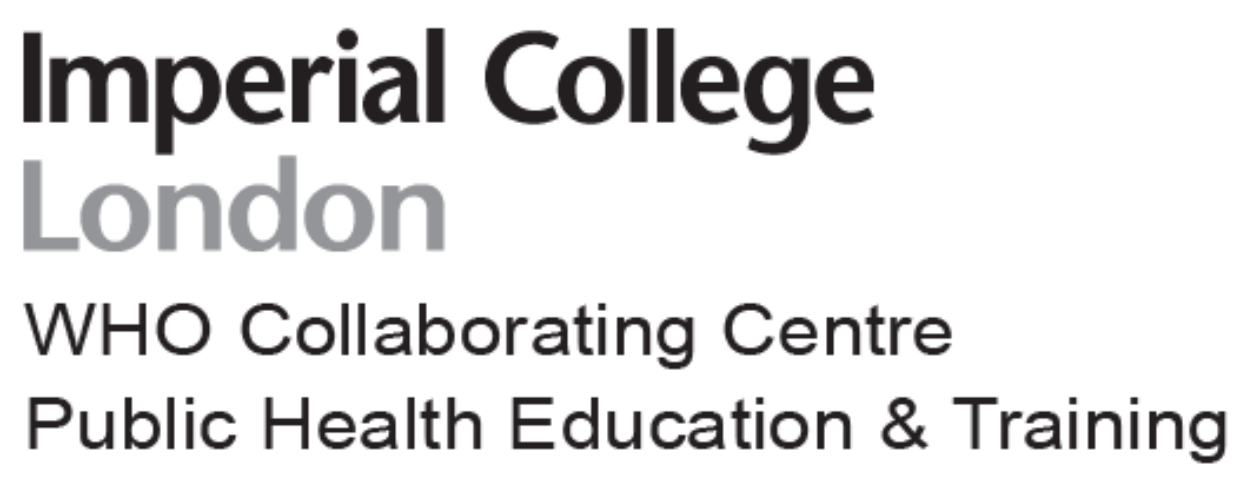Interview with Dr Yufei Gao, WHO CC Fellow
1. Please tell us about yourself: your professional background and interests.
My name is Dr Yufei Gao, I am from Changchun in China.
I am a Professor and Director of the Department of Neurosurgery at China-Japan Union Hospital at Jilin University. It is supervised by the National Health Commission of the People’s Republic of China and under the direct jurisdiction of the Education Ministry. Founded in November 1949, China-Japan Union Hospital services include integrated medical care, education, research, disease prevention, health care and rehabilitation.
I am also Head of the Neuro-oncology Engineering Laboratory of Jilin Province at the hospital. Our department has 46 doctors and over 150 nurses. I am Vice-Chair of the Neurosurgery Branch of the Jilin Provincial Medical Doctors Association.
My clinical and research interests include the molecular mechanism of occurrence and development of tumors in the central nervous system, such as glioma. I am an expert in pituitary gland and skull base surgery using endoscopic techniques. I perform more than 400 operations annually.
2. What have you found most useful during your fellowship with WHO CC?
I am interested in the structural system and operating regulation of the British National Health Service.
In 2019, the GDP of China was five time greater than of Britain’s. But China has a population of over 1.4 billion, 21 times that of Britain. Since 2003 the Chinese medical system has been undergoing reform and we hope to establish a complete, efficient, equitable and nationwide medical system. In fact, the Basic Medical Insurance System in China is similar to NHS. However, there are some notable differences. Firstly, Community-based Primary Care is not popular. Patients trust hospital-based specialists more than GPs. Secondly, the referral system is not perfect. Patients mainly attend as outpatient, rather than through referral. Thirdly, the out-of-pocket expenses borne by the patients for hospital treatment, such as surgery, remains very high. Finally, yet similarly to the NHS, the health system in China needs more financial support. More investment is urgently needed. I believe the NHS in Britain can provide us with a lot of lessons.
3. How has the fellowship experience befitted you and your future career progression?
For a neurosurgeon, like myself, the learning experience at Imperial College London focuses my attention to the issues of access to clinical medicine, as well as life science knowledge. Being here I have also learnt to place more weight onto knowledge expansion as a whole. Secondly, as Director of the Neurosurgery Department, I have been able to make my own assessment of the advantages and disadvantages of the British NHS which will be helpful in upscaling the medical system back in China.



